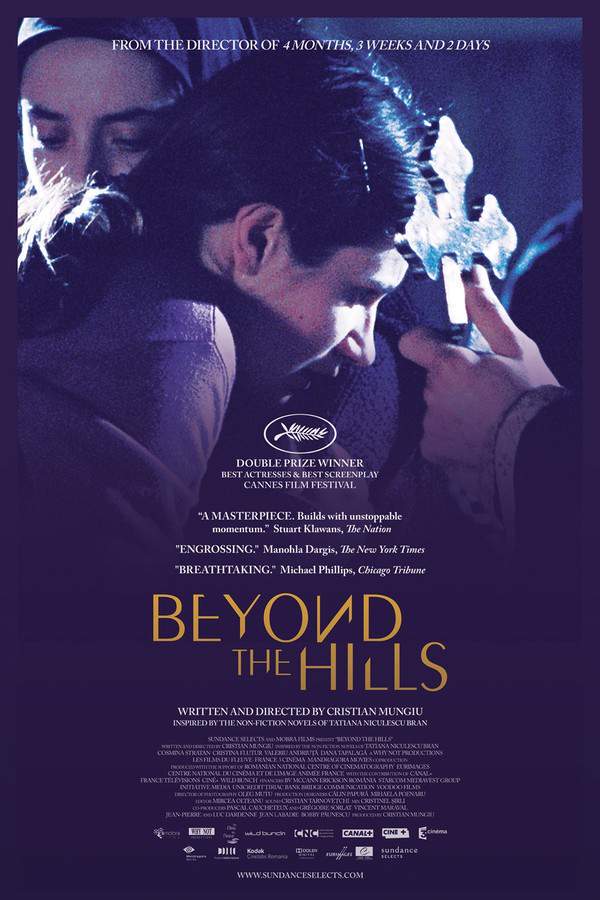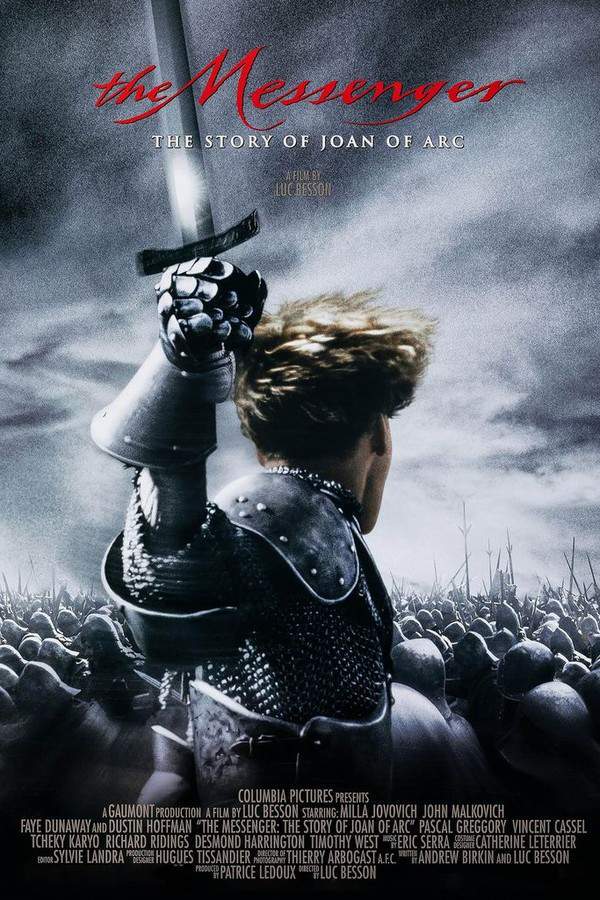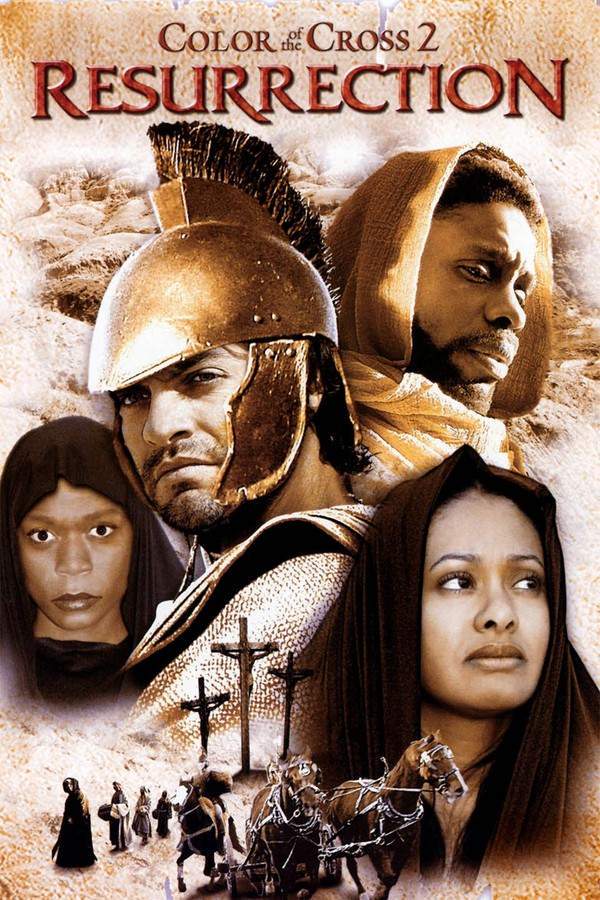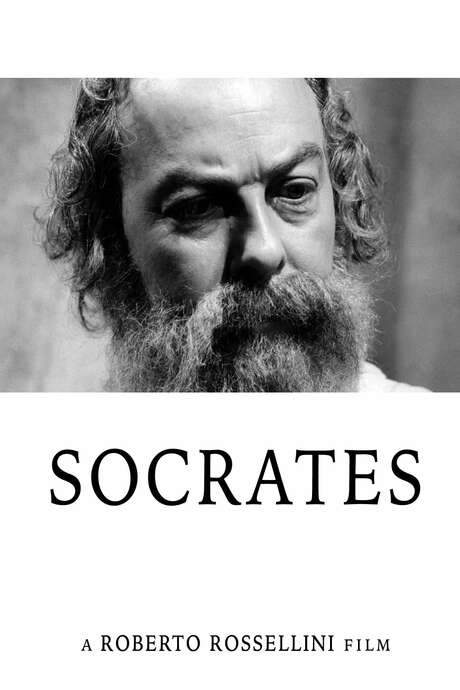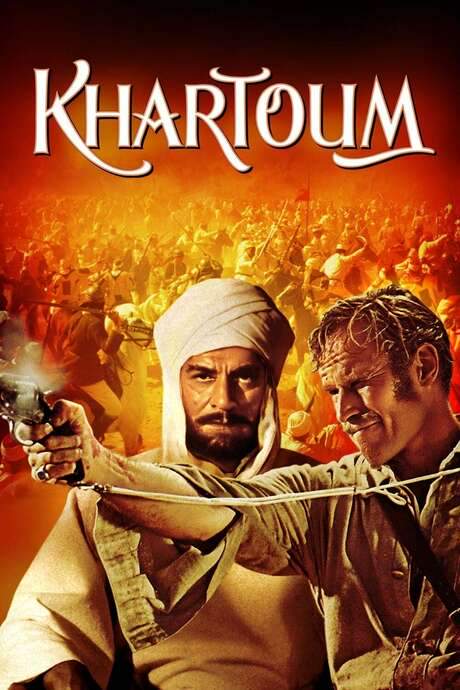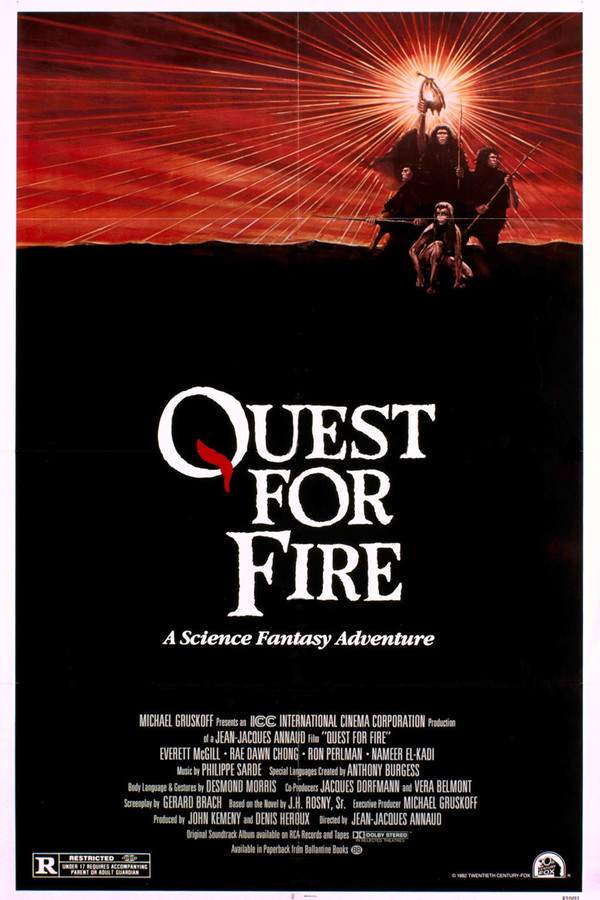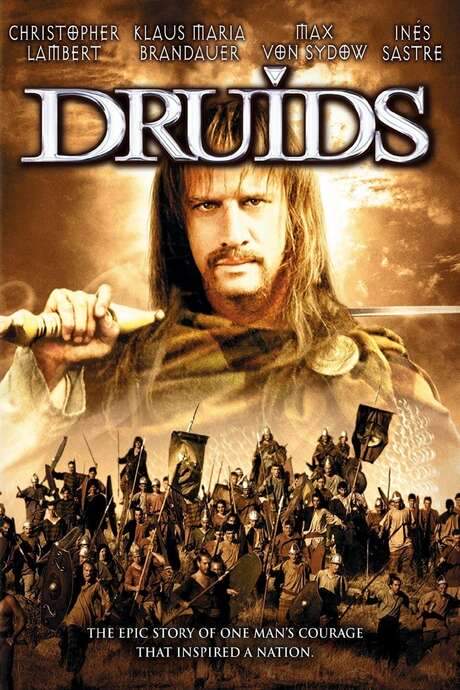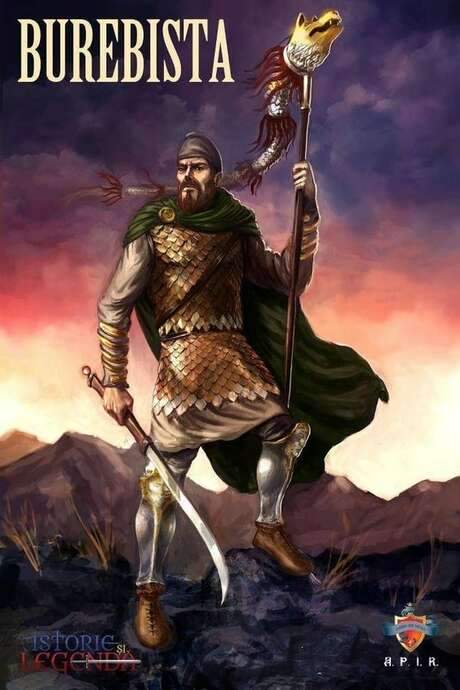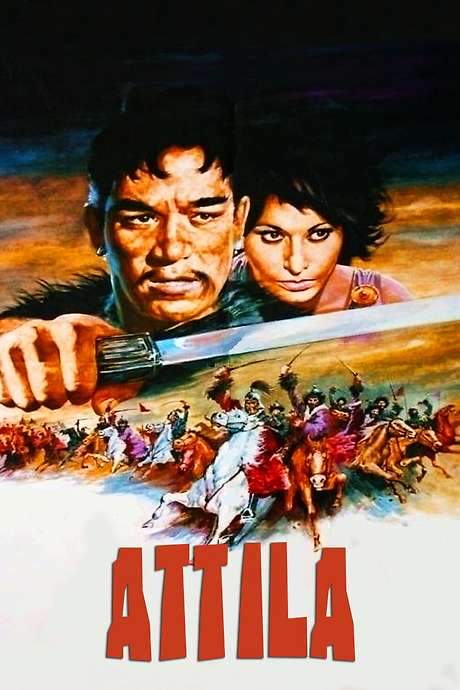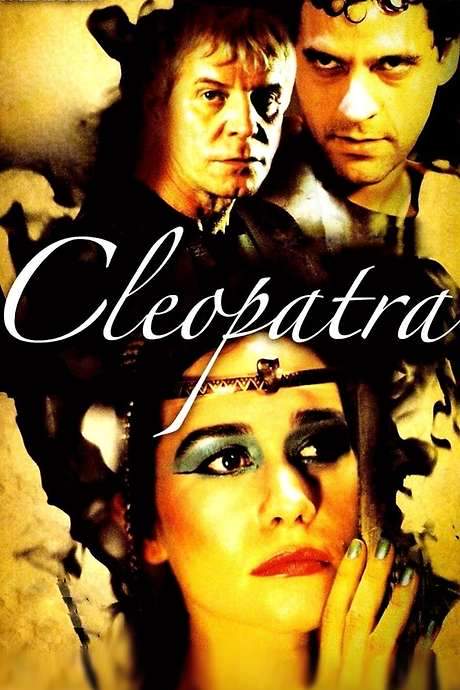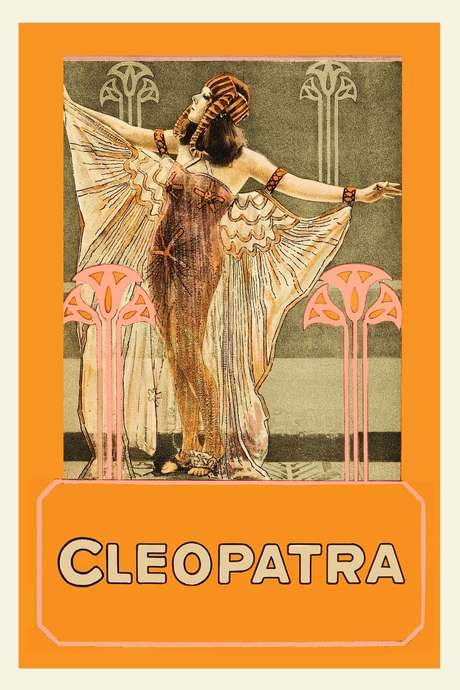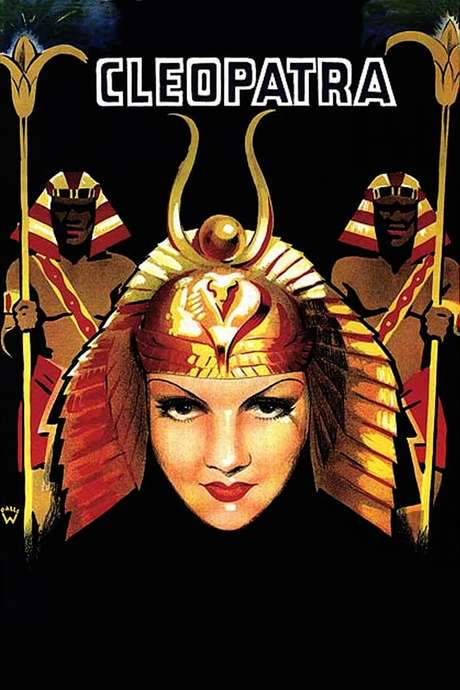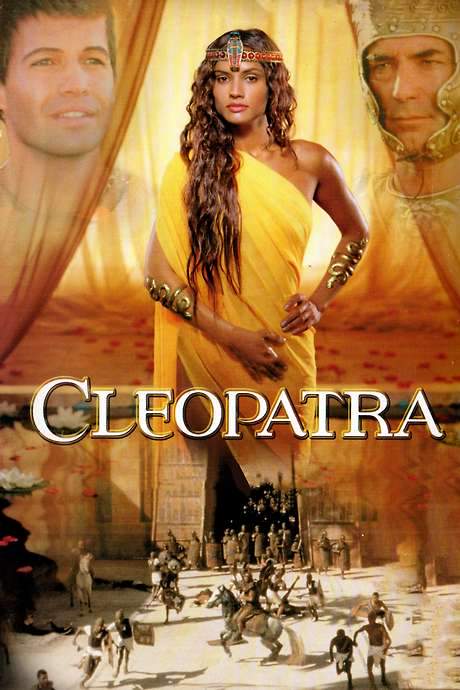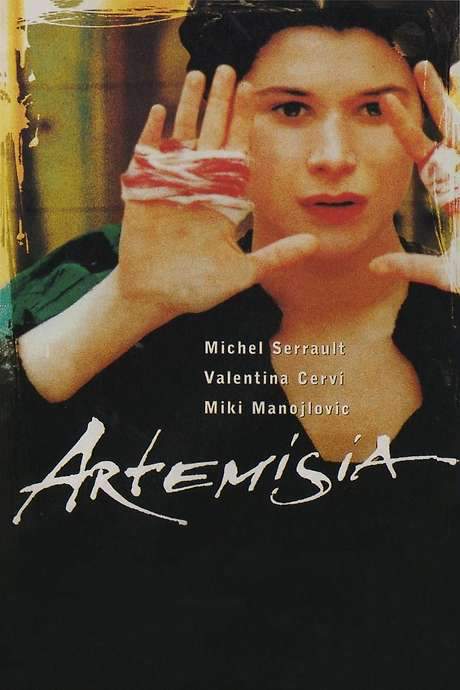
Agora
Year: 2010
Runtime: 127 min
Language: English
Director: Alejandro Amenábar
Budget: $70M
In ancient Alexandria, Hypatia, a brilliant philosopher, establishes herself as a teacher, daring to educate men regardless of their social standing. Among her students are the enslaved Davus and Orestes, who develop affections for her. As religious and political tensions rise between Christians, Jews, and the Roman ruling class, Hypatia's pursuit of knowledge and rational thought becomes increasingly dangerous. Caught between warring factions and facing personal challenges, she strives to uphold her beliefs and defend the importance of reason in a city consumed by conflict.
Warning: spoilers below!
Haven’t seen Agora yet? This summary contains major spoilers. Bookmark the page, watch the movie, and come back for the full breakdown. If you're ready, scroll on and relive the story!
Agora (2010) – Full Plot Summary & Ending Explained
Read the complete plot breakdown of Agora (2010), including all key story events, major twists, and the ending explained in detail. Discover what really happened—and what it all means.
Meanwhile, a wave of social unrest begins to challenge the Roman authority in Alexandria as Pagans and Christians clash throughout the city. As tensions rise, the Christians start to desecrate the statues of the pagan deities, provoking a backlash from the pagans, led by figures like Orestes and the father of Hypatia. In an attempt to suppress the Christians’ escalating influence, the pagans ambush them; however, during the confrontation, they find themselves vastly outnumbered by a large and aggressive Christian mob. This confrontation results in Hypatia’s father sustaining serious injuries, compelling Hypatia and the surviving pagans to seek refuge in the Library of the Serapeum.
The siege on the library eventually comes to an end when an envoy from the Roman Emperor announces that the pagans will be pardoned. However, their relief is short-lived as the Christians are granted permission to invade the library and do with it as they wish. In a frantic race against time, Hypatia and her allies attempt to salvage the most valuable scrolls from the impending destruction before the Christians can take over and obliterate the library’s precious contents. Additionally, Davus, a former slave, makes a shocking choice by siding with the Christian forces. He later returns wielding a gladius and attempts to assault Hypatia. In a moment of compassion, he breaks down in tears and offers her his sword. Hypatia responds by removing his slave collar and granting him freedom.
Years pass, and Orestes, having converted to Christianity, now holds the position of prefect in Alexandria. Meanwhile, Hypatia continues her relentless pursuit of knowledge, focusing on celestial movements, including the Sun, Moon, known planets, and the stars. The Christians mock her findings, particularly the theory that the Earth is a sphere, arguing that people living far from the top would simply fall off. When they consult Davus for his opinion, he evades trouble by stating that only God knows such matters.
Hypatia’s groundbreaking exploration into the heliocentric model of the solar system, initially proposed by Aristarchus of Samos, leads her to conduct an experiment with a dropped object from a moving ship, demonstrating to Orestes that the motion of the Earth would not influence the falling object’s trajectory. However, as religious sentiments intensify against heliocentrism, Christians prohibit her from teaching at the school. The conflict between Christians and Jews escalates, resulting in violent confrontations.
Cyril, one of the leading figures among the Christians, perceives Hypatia’s influence over Orestes as a threat. He orchestrates a public ceremony aimed at compelling Orestes to subdue her. Fortunately, Synesius, Hypatia’s former pupil and now the Bishop of Cyrene, steps in to support her, but he insists that she accept Christianity for his assistance, which she firmly declines. Amidst these struggles, Hypatia makes a groundbreaking theoretical discovery, positing that the Earth orbits the Sun in an elliptical path. Unfortunately, Cyril manages to rally a mob of Christians against her, leading them to decide on stoning her for her beliefs.
As the mob disperses to collect stones, Davus acts swiftly, suffocating Hypatia to spare her from the agony of being stoned to death, convincing the crowd that she has merely fainted. He then escapes before the mob realizes the truth, leaving the dark events of that day to unfold.
Last Updated: May 13, 2025 at 20:30
Explore Movie Threads
Discover curated groups of movies connected by mood, themes, and story style. Browse collections built around emotion, atmosphere, and narrative focus to easily find films that match what you feel like watching right now.
Stories of Reason vs. Fanaticism like in Agora
Stories where intellectual freedom is crushed by the violent tides of ideological extremism.For viewers seeking movies like Agora, this section features historical and dramatic films where the pursuit of knowledge and rational thought collides with violent ideological movements. Discover similar stories about intellectual heroes facing persecution and societal collapse, capturing the same tense, tragic, and heavy emotional weight.
Narrative Summary
The narrative pattern follows an intellectual or philosophical protagonist whose commitment to reason and evidence places them in direct opposition to a growing, often populist, ideological force. The story methodically escalates from initial skepticism and debate to active persecution, siege, and eventual martyrdom, portraying a civilization's tragic turn away from enlightenment.
Why These Movies?
Movies in this thread share a core conflict between rational inquiry and blind faith, a dark and oppressive tone, and a high-intensity atmosphere of social unrest. They are united by the tragic archetype of the intellectual martyr and the bleak theme of knowledge being lost to zealotry.
Historical Epics About Societal Collapse like in Agora
Sweeping dramas where political and religious tensions tear an advanced society apart from within.If you liked the tense depiction of ancient Alexandria's fall in Agora, explore these movies about civilizations in crisis. Find similar historical epics with high intensity, steady pacing, and a dark tone, focusing on the collapse of sophisticated societies through war, fanaticism, and internal conflict.
Narrative Summary
These narratives unfold across a broad canvas, interweaving the fates of multiple characters—rulers, philosophers, common people—with the macro-level events leading to societal breakdown. The plot steadily escalates political and religious tensions, building towards explosive confrontations, sieges, and the ultimate downfall of a once-great urban center, emphasizing the human cost of historical upheaval.
Why These Movies?
These films are grouped by their shared setting of a crumbling advanced civilization, a high-intensity and tense mood driven by mob violence and siege warfare, and a dark, somber tone that explores themes of intolerance and the loss of cultural achievements.
Unlock the Full Story of Agora
Don't stop at just watching — explore Agora in full detail. From the complete plot summary and scene-by-scene timeline to character breakdowns, thematic analysis, and a deep dive into the ending — every page helps you truly understand what Agora is all about. Plus, discover what's next after the movie.
Agora Timeline
Track the full timeline of Agora with every major event arranged chronologically. Perfect for decoding non-linear storytelling, flashbacks, or parallel narratives with a clear scene-by-scene breakdown.

Characters, Settings & Themes in Agora
Discover the characters, locations, and core themes that shape Agora. Get insights into symbolic elements, setting significance, and deeper narrative meaning — ideal for thematic analysis and movie breakdowns.

Agora Spoiler-Free Summary
Get a quick, spoiler-free overview of Agora that covers the main plot points and key details without revealing any major twists or spoilers. Perfect for those who want to know what to expect before diving in.

More About Agora
Visit What's After the Movie to explore more about Agora: box office results, cast and crew info, production details, post-credit scenes, and external links — all in one place for movie fans and researchers.

Similar Movies to Agora
Discover movies like Agora that share similar genres, themes, and storytelling elements. Whether you’re drawn to the atmosphere, character arcs, or plot structure, these curated recommendations will help you explore more films you’ll love.
Explore More About Movie Agora
Agora (2010) Scene-by-Scene Movie Timeline
Agora (2010) Movie Characters, Themes & Settings
Agora (2010) Spoiler-Free Summary & Key Flow
Movies Like Agora – Similar Titles You’ll Enjoy
Quo Vadis? (2002) Spoiler-Packed Plot Recap
Cleopatra (1963) Full Summary & Key Details
The Roman Orgy (1911) Film Overview & Timeline
Cleopatra (2007) Detailed Story Recap
Cleopatra (1917) Film Overview & Timeline
Amazons and Gladiators (2001) Plot Summary & Ending Explained
Theodora, Slave Empress (1954) Spoiler-Packed Plot Recap
Cleopatra: Queen of Sex (1970) Full Movie Breakdown
Cleopatra (1934) Complete Plot Breakdown
The Egyptian (1954) Story Summary & Characters
Cleopatra (1000) Story Summary & Characters
Phaedra (1962) Full Summary & Key Details
Artemisia (1997) Complete Plot Breakdown
Young Aphrodites (1963) Full Summary & Key Details
Demetrius and the Gladiators (1954) Story Summary & Characters


